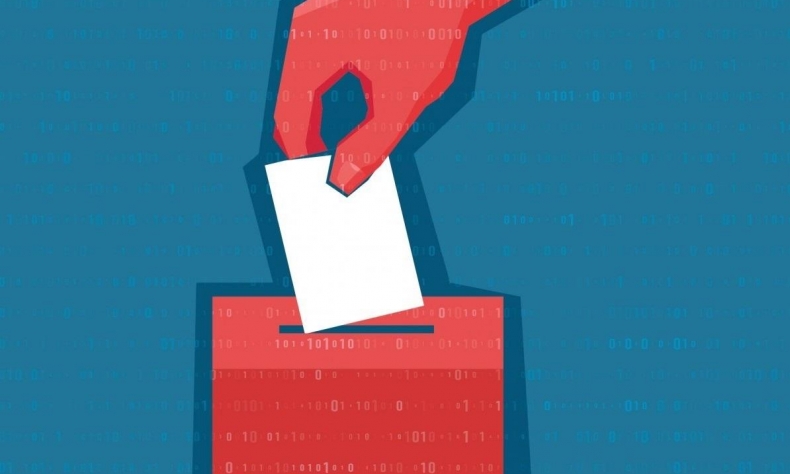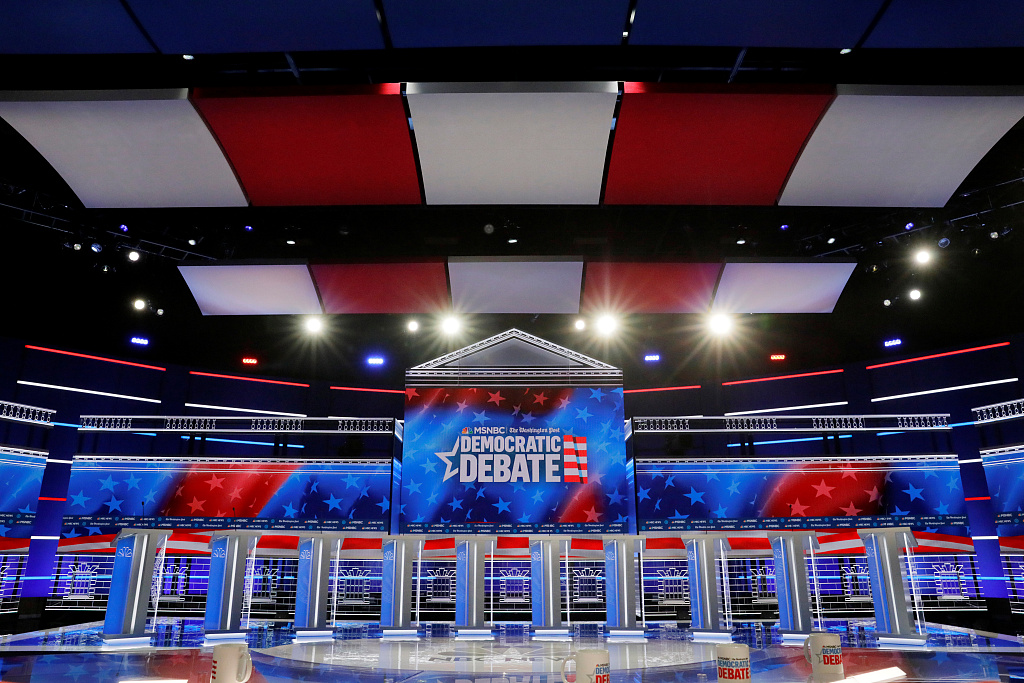Who will emerge to represent the Democratic Party in 2020?

It is less than three months to the 2020 Iowa Democratic caucuses launching the process of choosing a presidential candidate.
It is less than three months to the 2020 Iowa Democratic caucuses launching the process of choosing a presidential candidate. However, this has become a weird and uncertain race, mainly because the main “actors” in this procedure are still to be established in a climate of chaos.
As the billionaire former New York mayor Michael Bloomberg suddenly entered the Democratic presidential primary scene last week, the track became even more crowded, complicated and confusing as the season of primaries looms.
Although the existing candidates expressed full confidence in their own chances, they cannot afford to take Bloomberg for granted, for he has shown extraordinary influence in the political and economic aspects.
However, those leading candidates, who have already been up and running for the past year, will definitely not be willing to surrender their opportunities, leading to the likelihood of many confrontations on the campaign trail among the newcomers and the existing ones, many of them veterans of such electoral procedures.

At present, all we can do is engage in some analysis of the most prominent candidates in the Democratic race, to try and figure out their prospects in the coming months. It means trying to break through the chaos and consider what the voters are focusing on under the current situation. This is a better way to discern trends and likely front runners.
The first is Senator Bernie Sanders, now occupying a stable third place. He has bounced back with more ambition from being defeated by Hillary Clinton in 2016, and also attracts good support from the left. However, apparently the current position somehow frustrates Sanders, even though he has already got the most endorsements within the party.
His main problem is how much he may be nationally accepted in the general electorate, and history suggests this is far from a foregone conclusion.
The second candidate is Senator Elizabeth Warren, currently lying second. As soon as Warren entered the field, it seems that she replaced Sanders beyond all expectations as the most popular progressive candidate never lagging behind him in the polls, which he could not have imagined. This awkward situation is tearing the liberal wing of the Democrats apart as they have to decide between the two.
The current leader is former vice president, Joe Biden. Within this presidential cycle, Biden has stood on the top as the most powerful candidate in the Democratic Party with the ability to defeat Donald Trump in 2020. That is why Biden has been a weathercock in this primary for a long time.
However, political drama never lacks unpredictability. Because his previous political record is clear, such as controversial votes in the Senate, and his son’s role in foreign business dealings being attacked by the Republicans, Biden is facing his hardest time right now, testing his ability to survive the primaries.
The fourth-ranked candidate is South Bend’s Mayor Peter Buttigieg. At the beginning of this primary, nobody could have imagined how this unknown mayor could attract the huge attention he has gained today. Buttigieg even took over as front runner in Iowa, the first state to held a primary, at the past weekend. In fact, the Democrats had thought the former Texas congressman, Beto O’Rourke, would occupy this position, but he withdrew from the race several weeks ago. It is indeed hard to keep abreast of developments.
The fifth name in the heat is Senator Karama Harris, the most hopeful among the numerous other candidates. Harris, who once was regarded as the “female Obama,” is famous for her quick and efficient inquiries on the Senate floor. However, so far, Harris has not gained enough support matching her abilities, and doesn’t seem able to raise the flag that represents the moderate democrats of the younger generation. Apparently, Harris is leaving the center of the stage.
If we count Bloomberg and possible Hillary Clinton, that seems to be the field. As the primary race looms, some challenges stand in the way of each candidate. On the one hand, the Democrats hope more candidates will create more public exposure; on the other hand, the race will enter a tight fighting phrase, where nobody can guarantee that the inner debate is helpful rather than hurtful.
Concerns are rising as the race goes on. All those progressive policies, such as free education and medicare for all, are “kidnapping” the Democratic Party. Key figures in the Democratic Party are keeping silent about whom they support. However, Obama has issued his warning to all the candidates of “going too far left,” adding to the uncertainty.
Shi Weicheng is a visiting scholar at University of Iowa. His research fields include U.S.-China relations, IPE and emerging global governance.
Opinion articles reflect the views of their authors only, not necessarily those of China Focus.
 Facebook
Facebook
 Twitter
Twitter
 Linkedin
Linkedin
 Google +
Google +










